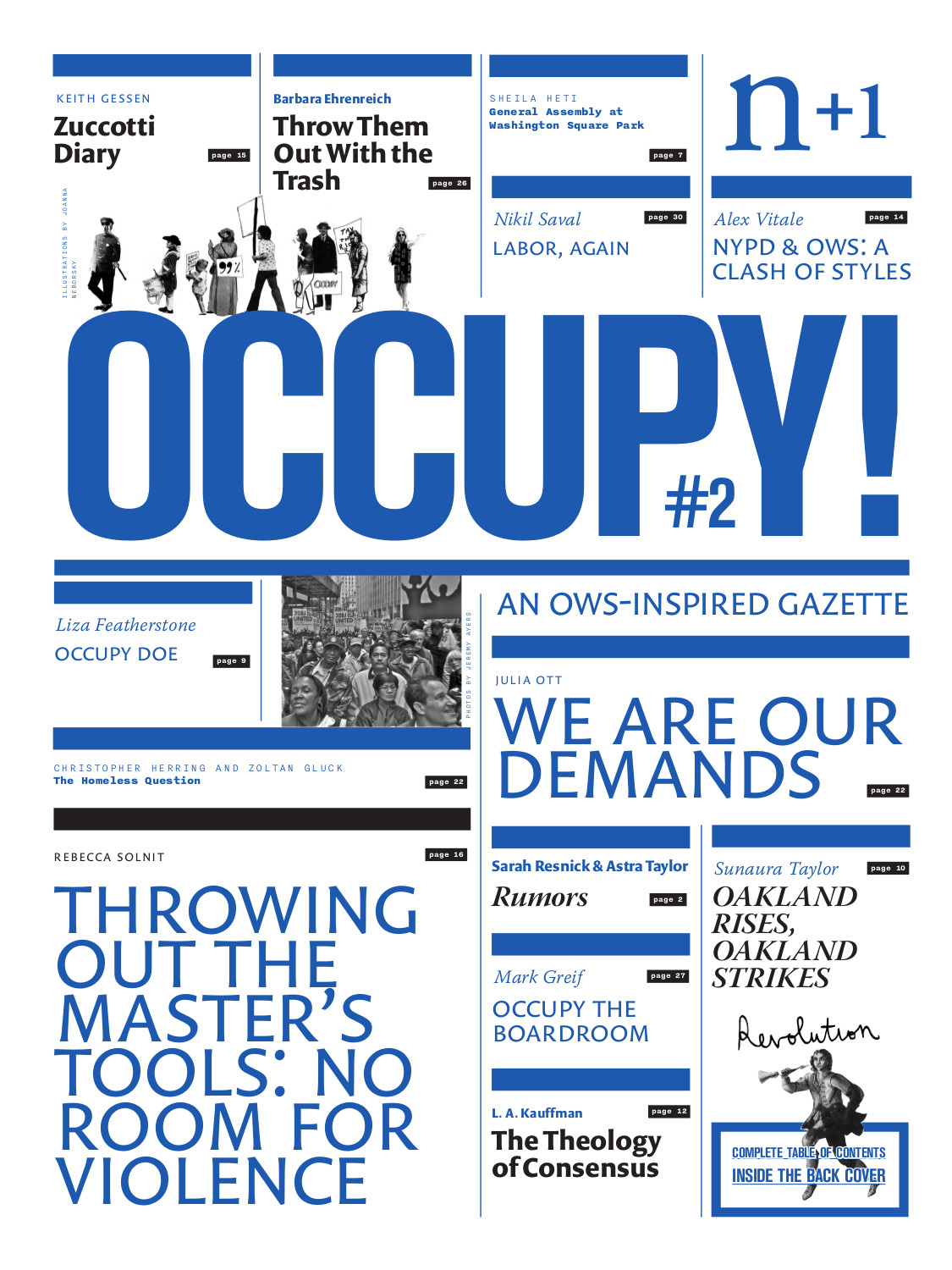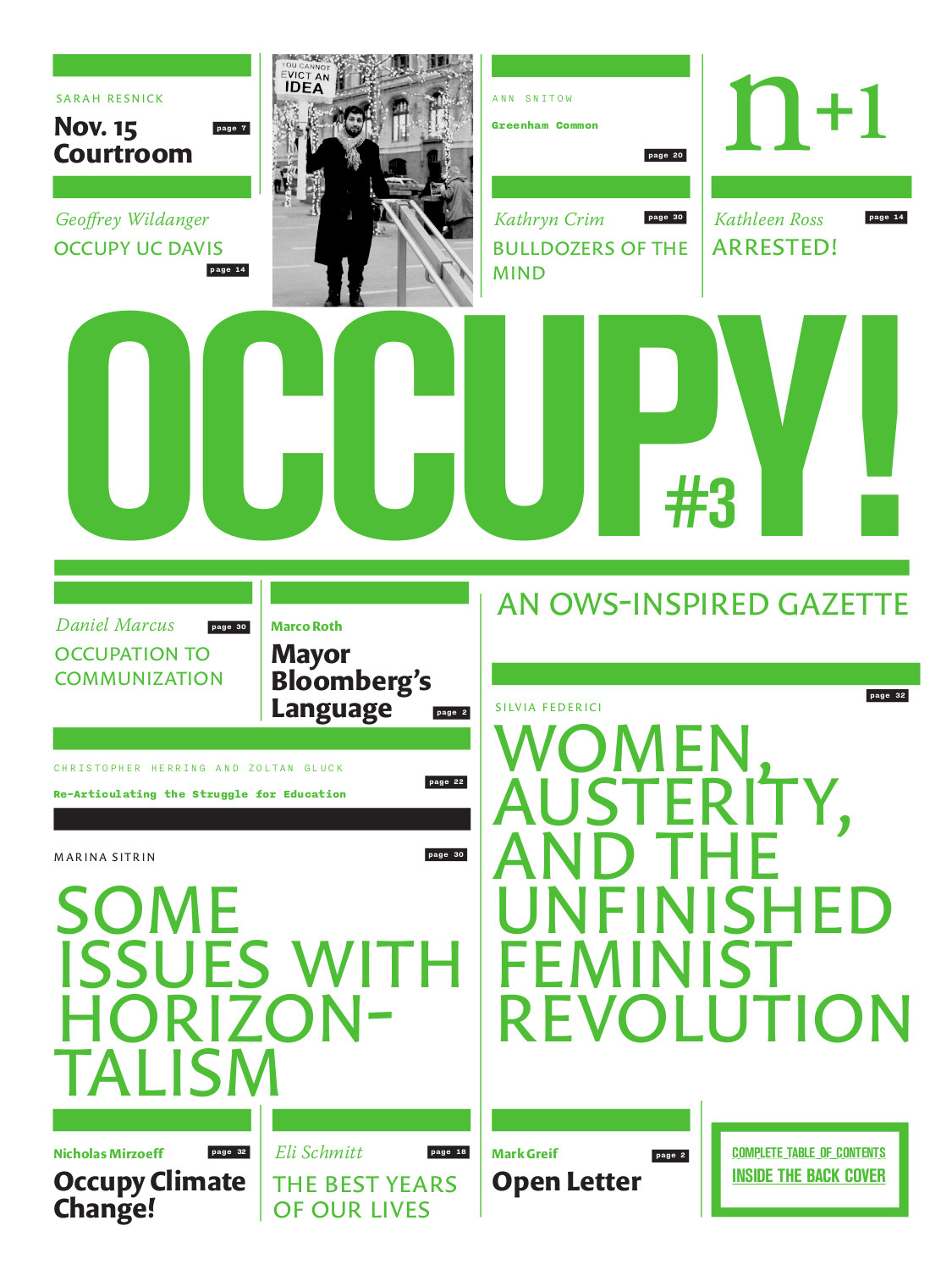Lawrence Lessig: Republic, Lost: How Money Corrupts Congress—and a Plan to Stop It (2011)
Filed under book | Tags: · corruption, money, occupy movement, politics, usa

In an era when special interests funnel huge amounts of money into our government—driven by shifts in campaign-finance rules and brought to new levels by the Supreme Court in Citizens United v. Federal Election Commission—trust in our government has reached an all-time low. More than ever before, Americans believe that money buys results in Congress, and that business interests wield control over our legislature.
With heartfelt urgency and a keen desire for righting wrongs, Harvard law professor Lawrence Lessig takes a clear-eyed look at how we arrived at this crisis: how fundamentally good people, with good intentions, have allowed our democracy to be co-opted by outside interests, and how this exploitation has become entrenched in the system. Rejecting simple labels and reductive logic—and instead using examples that resonate as powerfully on the Right as on the Left—Lessig seeks out the root causes of our situation. He plumbs the issues of campaign financing and corporate lobbying, revealing the human faces and follies that have allowed corruption to take such a foothold in our system. He puts the issues in terms that nonwonks can understand, using real-world analogies and real human stories. And ultimately he calls for widespread mobilization and a new Constitutional Convention, presenting achievable solutions for regaining control of our corrupted—but redeemable—representational system. In this way, Lessig plots a roadmap for returning our republic to its intended greatness.
While America may be divided, Lessig vividly champions the idea that we can succeed if we accept that corruption is our common enemy and that we must find a way to fight against it. In REPUBLIC, LOST, he not only makes this need palpable and clear—he gives us the practical and intellectual tools to do something about it.
Publisher Twelve, New York/Boston, an imprint of Grand Central Publishing, October 2011
ISBN 0446576425, 9780446576420
384 pages
CallAConvention.org, a movement to organize the call for a convention.
Convention.idea.informer.com website allows anyone to propose and vote on constitutional amendments.
video archive of the Conference on the Constitutional Convention (September 2011)
RootStrikers activist network
interview with the author (video, DemocracyNow!, January 2012), passage about a Constitutional Convention
commentary (Alesh Houdek, TheAtlantic.com, November 2011)
review (Thomas B. Edsall, The New York Times, December 2011)
author
author’s book presentation (video)
publisher
wikipedia
google books
Deterritorial Support Group: Ten Growth Markets for Crisis: A Trend Forecast (2011)
Filed under pamphlet | Tags: · autonomy, community, debt, democracy, financial crisis, money, politics, utopia

“In a time of political flux, how do we escape a political discourse which is just a reaction to a series of attacks on our class? How do we place ourselves in a position which is not defensive, but launches a positive vision of social organisation? Where will the challenges and potentials of the coming months and years lie? In Britain mainstream political innovation slumps in the doldrums. Hamstrung by financial and political contingencies, Parliamentary politics offers little in the way of social critique and finds little resonance in the public. But in the field of radical politics? Whilst dissent flourishes, it lingers in the negative, unable to be converted into innovation, by doctrinal discipline or an inability to harness creative thought and speculative conversation. The field lies open for those who wish to write a new story. We have put together a few possibilities to spot these growth markets for crisis; a trend forecast for social struggle.
Let’s outline some key social trends, some growing ideological markets and some possible future scenarios as the class-war continues to warm up. These aren’t predictions, as such – they are attempts to open up our understanding of our current situation as ideologies come crashing down around us. We need to write new stories about how we got here, who we are, and how we’re going to cope with what is to come. Let’s turn tendencies into trends; turn trends into Tendencies.” (from introduction)
Published by Deterritorial Support Group, London, in December 2011
12 pages
article about DSG (Dan Hancox, Guardian)
PDF
View online (HTML)
Occupy! An OWS-Inspired Gazette, 2-3 (2011)
Filed under magazine | Tags: · activism, debt, economy, money, occupy movement, politics, protest


“Published on November 14, at the beginning of the national wave of evictions, the second Occupy Gazette! completes our history of the first phase of the movement. Articles document the Oakland raid and general strike, emergence of the spokes council, and last days of the Zuccotti Park occupation, and address questions related to homelessness, police relations, and nonviolence, and more.
Published on December 15, the third issue of the Occupy! Gazette is the latest in the series. It describes and re-imagines the movement after the end of the occupations as well as looks to the archives for models. Articles follow student activism from CUNY to Berkeley, cover the Oakland port shutdown, consider the legacies of ACT-UP, the Greenham Common occupation, and autonomia—and more.”
Edited by Astra Taylor, Eli Schmitt, Nikil Saval, Kathleen Ross, Sarah Resnick, Sarah Leonard, Mark Greif, Keith Gessen, and Carla Blumenkranz
Publisher n+1, New York, November and December 2011
2x 40 pages
Issue 2 (updated on 2017-12-2)
Issue 3 (updated on 2017-12-2)
See also Issue 1.
Comment (0)
